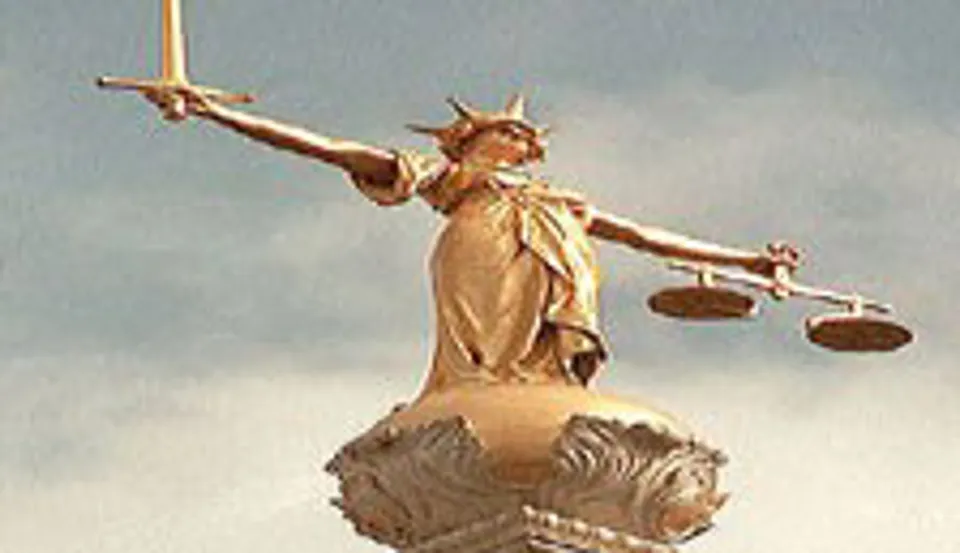HMRC has said it will not be paying compound interest claims in relation to VAT treatment of demonstrator vehicles, despite it losing a High Court case where it was ruled it should, suggesting repayments running into the billions of pounds were now a possibility. It is to appeal.
Littlewoods plc had argued in court that in making repayments in relation to the VAT treatment between 1973 and 2004, only simple interest had been added to the amounts overpaid and it had argued that this did not give it adequate recompense for the impact on cash flow. It could mean the taxman faces a £1.2bn bill.
In his High Court ruling Justice Henderson ruled that interest should have been paid to Littlewoods on a compound basis. Given that motor dealers were only paid simple interest on their original claims the judgement could see retailers being entitled to receive substantial repayments.
However, now HMRC has announced it disagrees with the High Court’s decision and will not be paying up at this stage.
According to BDO's analysis of the HMRC's position it appears:
• it does not agree with the judgment and has received permission to appeal the High Court’s decision to the Court of Appeal
• the Littlewoods' finding was based on the ‘exceptional’ circumstances specific to Littlewoods' claimants and does not provide a clear basis that could be applied to other High Court claims for compound interest
• no payments are due to other claimants at this stage and any new requests for compound interest will be refused
• the Littlewoods' judgment has held that the statutory provisions did provide an appropriate amount of interest in many cases
• the Littlewoods' judgment does not alter the earlier finding of the Upper Tribunal that compound interest is not available consequent to an appeal to the tribunal
• HMRC will reconsider its position in the event that its appeal to the Court of Appeal is unsuccessful.
A BDO spokesman said: "HMRC does not say why it thinks Littlewoods circumstances were ‘exceptional’. The High Court did comment in para 297 of its decision that simple interest may be sufficient over the normal four year cap period when interest rates are low, but Littlewoods' case was ‘of an exceptional nature having regard to the length of time for which interest is payable and the very high rates of interest which obtained during most of the first half of that period’.
"If this is the comment to which HMRC is referring, Littlewoods’ claim (1973-1996) would not appear to be more exceptional than any other claim spanning the Fleming period.
"Overall, however, HMRC’s stance is as expected and confirms our prediction that it will not pay claims at least until the next stage of litigation is complete."
HMRC says it will appeal £1bn VAT claim case
- By Jeremy Bennett
- |
- 14 May 2014
















Login to comment
Comments
No comments have been made yet.